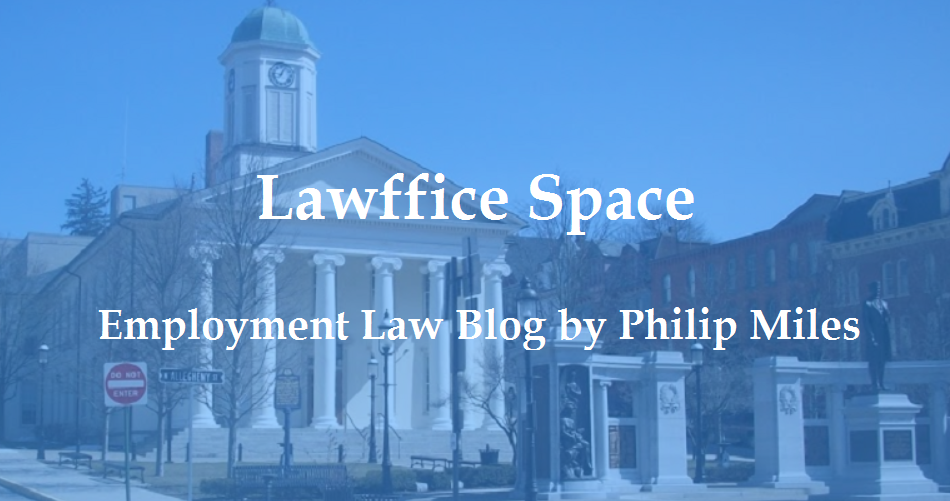- Employee is involved in a bad car accident
- Employee has ERISA health plan that pays for $65,000 in damages
- Employee files lawsuit and settles it for $100,000
- Employee's lawyer takes a 40% contingent fee of $40,000
- Plan has a reimbursement clause and demands that the employee, who just settled for $100,000, use $65,000 of that to reimburse the plan*
The problem? The employee will be at -$5,000 ($100,000 settlement; minus $40,000 attorney's fees; minus $65,000 reimbusement) despite having a health plan that supposedly covers his damages and getting a favorable settlement of $100,000. This seems unfair.
The issue? Can courts use "equitable principles" to override the contracts reimbursement clause? For example, the employee argues unjust enrichment - that the plan received the benefit of the employee paying $40,000 to the attorney without incurring any costs. Can the Court make the plan share in the attorney's fees?
The holding? It's unanimous! The entire court agrees that equitable principles can not override the express terms of the plan, which is a binding contract construed under ERISA. Even though it may be unfair, the Court can not just override the plan's terms.
Well, another case is in the books . . . wait . . . what? There's more!? Justice Kagan (plus the rest of the liberal bloc and Kennedy, J.) goes on to address another issue. She notes that "[t]he plan is silent on the allocation of attorney’s fees" (that sound you hear is plan-writers everywhere screaming "the plan doesn't say anything about attorney's fees because it doesn't pay for any attorney's fees!!!"). The Court deems this a "gap" in the contract.
Per the majority, the Court can fill in gaps in the plan. So, Justice Kagan fills in the "gap" with the common fund doctrine ("a litigant or a lawyer who recovers a common fund for the benefit of persons other than himself or his client is entitled to a reasonable attorney’s fee from the fund as a whole."). So, the employee wins after all - despite unanimously losing on the issue actually before the Court.
Justice Scalia (joined by the conservative bloc) penned a short two-page dissent calling out Justice Kagan for answering a question that wasn't asked:
[W]e granted certiorari on a question that presumed the contract’s terms were unambiguous—namely, “where the plan’s terms give it an absolute right to full reimbursement.” Pet. for Cert. i . . . . In their brief in opposition to the petition they conceded that, under the contract, “a beneficiary is required to reimburse the Plan for any amounts it has paid out of any monies the beneficiary recovers from a third-party, without any contribution to attorney’s fees and expenses.” Brief in Opposition 5 (emphasis added). All the parties, as well as the Solicitor General, have treated that concession as valid . . . . The Court thus has no business deploying against petitioner an argument that was neither preserved . . . nor fairly included within the question presented.Thus, Scalia and the dissenters would have stopped after deciding that equitable principles can not override the terms of the plan, and not searched for gaps to fill with the Court-preferred common fund clause.
That sound you hear now? Plan-writers furiosuly drafting clauses expressly addressing attorney's fees in their reimbursement clauses.
* To keep it simple to follow, I changed some of the numbers and left out some details (for example, some recovery came from another motorist and some from an insurer).


No comments:
Post a Comment